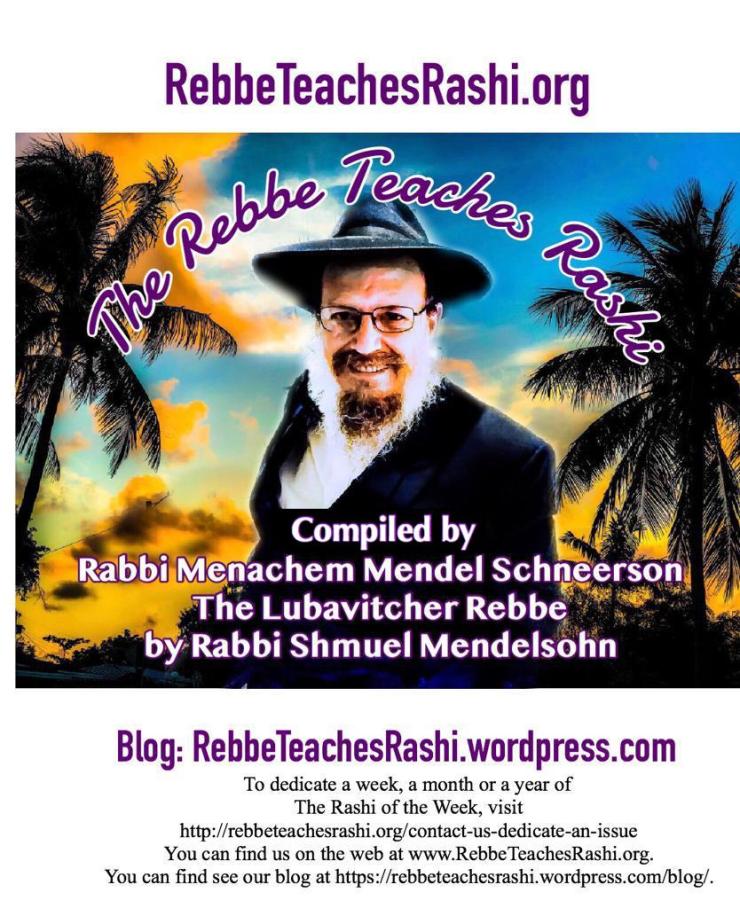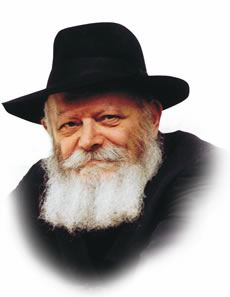Click here for a printable PDF.
In this week’s Torah portion, Nitzovim-Vayelech, Moshe Rabbeinu says,[1] “Assemble to me all the elders of your tribes and your officers, and I will speak these words to them. I will call upon heaven and earth as witnesses against them.”
Rashi cites the words “assemble to me,” and explains why “on this day they did not blow the trumpets to assemble the congregation (as was the regular procedure).” Hashem commanded Moshe to[2] “Make for yourself two trumpets of silver… and they will be for you to call the assembly.” In other words, Hashem commanded him to “make for yourself,” and “they will be for you.” These were written in the singular form because they were directed to Moshe Rabbeinu himself. However, Rashi continues that “these trumpets were hidden away (by Hashem) even during his lifetime, before the day of his passing. This was to affirm the words of the verse[3], “and there is no ruling on the day of death.”
Rashi seems to be saying that on the day of a Tzaddik’s passing, he can no longer rule. However, how can we reconcile this with what is written in holy works[4], that a Tzaddik reaches an even higher after his passing than held previously? “When it comes about that, the Lord takes up and gathers unto Himself (the Tzaddik’s soul, and he ascends from one elevation to another— to the peak of levels.”
We see here that the righteous soar higher and higher after their passing; however, from Rashi, it appears that the Tzaddik can no longer be leading.
This can be explained by understanding the verse “there is no ruling on the day of death” from a deeper perspective. For one to rule over another, they must have a connection, a relationship. At the time of the passing of a Tzaddik, he soars to such great heights that he no longer has any connection to this world. That is why “there is no ruling” at that time.
Based on this, we may draw the false conclusion that Moshe, our leader, is no longer connected to us. Therefore, the Torah tells us that even on the day of his passing, Moshe commands us to “assemble to me” all of the Jews. However, high Moshe is, he never loses his connection to us. Rashi himself says this, that[5] “Moshe is Israel and Israel is Moshe.”
Have a wonderful Shabbos! May this year, 5781, be the best in all matters, both spiritual and physical.
Rabbi Shmuel Me1ndelsohn
Adapted from Likkutei Sichos Volume 24, Beginning with Page 220
מוקדש לזכות כ”ק אדמו”ר נשיא דורנו מליובאוויטש
לזכות
חיילי “צבאות השם” חיים ועדן עודד שיחיו מאריס
*
נדפס ע”י הוריהם
הרה”ת ר’ מנחם מענדל וזוגתו מרת חי’ מושקא שיחיו מאריס
[1]. Our Parshah, Devorim 31:28.
[2]. Parshas Beha’aloscho, Bamidbar 10:2-3.
[3]. Koheles 8:8.
[4]. Tanya, Igerres Hakodesh Chapter 27. See also the author’s explanation in Chapter 28.
[5]. Parshas Chukas, Bamidbar 21:21.

